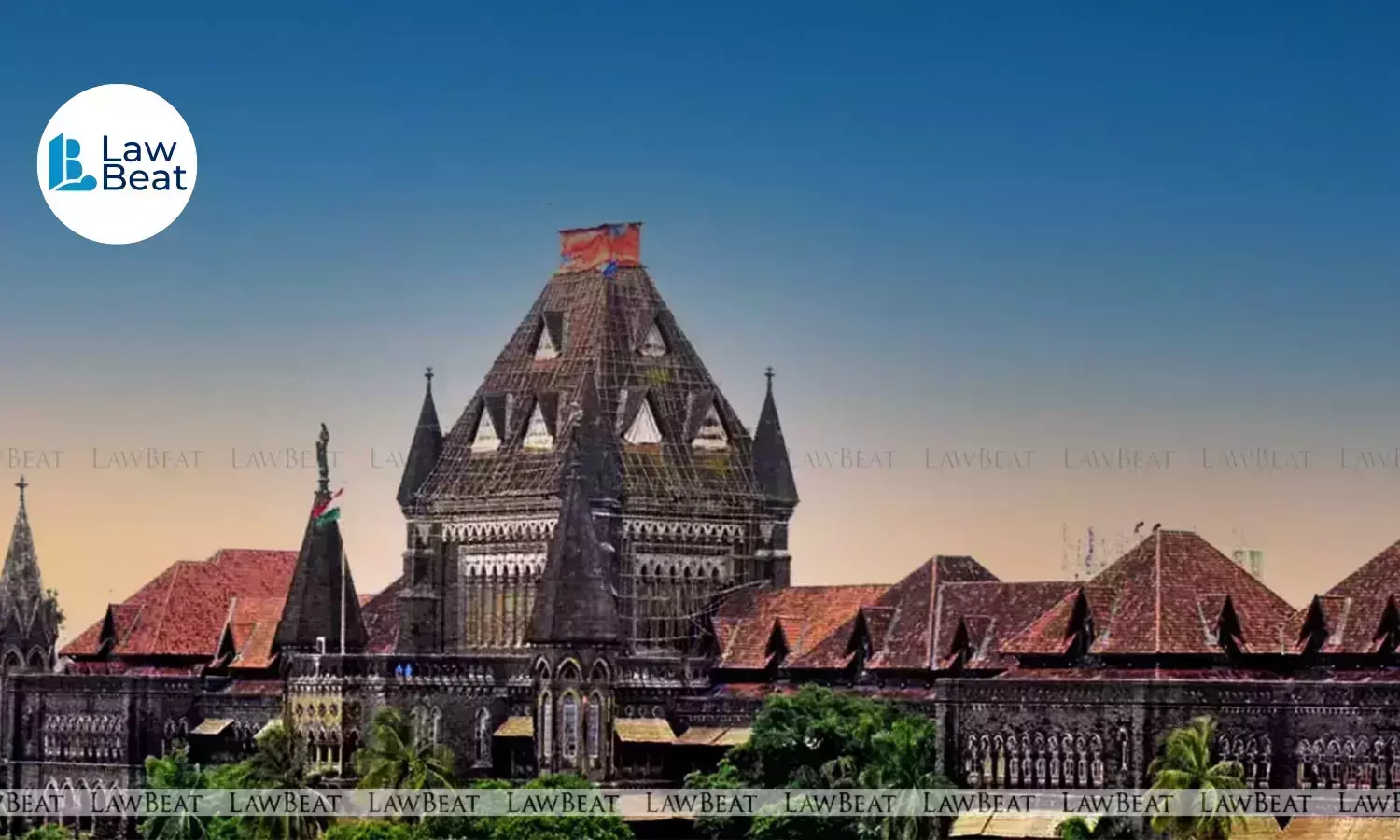‘Unhappiness And Weeping Not Proof Of Cruelty’: Bombay HC Overturns Conviction For Abetment To Suicide

Bombay High Court Acquits Husband After Finding No Specific Acts of Cruelty or Instigation Linked to Wife’s Suicide
The Bombay High Court has held that allegations of cruelty must be supported by clear, specific and reliable evidence, and that general assertions of unhappiness or isolated monetary transactions cannot meet the statutory threshold under sections 498A and 306 of the Indian Penal Code.
Finding that the prosecution evidence consisted only of vague statements, a doubtful seizure, and no proof of instigation, the Court set aside the conviction of a Pune man who had been found guilty by a Sessions Court in 1998 for abetment to suicide and cruelty.
Justice M. M. Sathaye while allowing the appeal, held that, the record did not support a finding of cruelty or abetment. The Court observed that the prosecution had not proved any unlawful demand, any physical or mental harassment of the nature contemplated under section 498A, or any proximate act that could constitute instigation.
The Court therefore acquitted the appellant and directed him to execute a personal bond under Section 481 of the Bharatiya Nagarik Suraksha Sanhita. It was also held that the trial court’s conclusion about persistent demands and mental torture was unsustainable.
The case arose from the death of Rekha, who had married the appellant in May 1997. She left the matrimonial home on 13 November 1997, and a missing report was lodged on the same day by the appellant. Four days later her body was found floating in a river near Bopodi in Pune.
After identification and completion of inquest and postmortem procedures, her father lodged a complaint alleging that his daughter had faced harassment relating to monetary demands and a demand for a sewing machine.
The police thereafter registered an offence and filed a charge sheet. The Sessions Court convicted the husband for abetment to suicide and cruelty, though it acquitted his mother.
The prosecution examined the parents of the deceased, a neighbour, a co-worker who helped purchase the sewing machine, the panch witness and the investigating officer. The father stated that Rekha used to tell him that her husband and mother in law asked for money for household expenses and debt payments.
He said that she appeared unhappy and wept when she visited home.
He referred to paying one thousand rupees during a relative’s marriage and stated that he arranged a sewing machine at the appellant’s request. However, the High Court noted that he did not provide any date, incident, confrontation, or specific act that could constitute cruelty. The Court also noted his cross examination admission that when he first went to the police after Rekha went missing, he did not mention any harassment or demands. He also admitted that Rekha desired a better looking husband and a better house, and that the matrimonial home was a small room in a labour locality without adequate facilities.
The mother gave a similar account, stating that Rekha used to weep but did not explain why. She also admitted in cross examination that she did not disclose any harassment to the police when the missing report was lodged and that suspicion arose only after the death. The Court observed that this raised doubt about whether any cruelty had occurred at all.
The prosecution relied on the seizure of a sewing machine from the appellant’s house, but the panch witness turned hostile. He denied the seizure and said he did not remember signing the panchnama.
The Court found that without an independent witness supporting the seizure and with the purchase receipt standing in the name of a third party, the prosecution could not prove that the machine was given due to any unlawful demand; The co worker who helped purchase the machine stated that it was bought in her name and carried away by the deceased’s father, which further cast doubt over the prosecution story.
The investigating officer admitted that the locality did not have individual toilets and that many residents went to the riverbank for daily use. He also admitted that he examined no neighbours from the appellant’s locality despite allegations of repeated harassment.
The Court held that this omission weakened the prosecution case and deprived it of corroboration that should ordinarily exist in allegations of persistent cruelty.
In assessing the legal requirements for abetment of suicide, the Court referred to the Supreme Court’s decisions in M. Mohan, Sanju alias Sanjay Singh Sengar and Ramesh Kumar. It reiterated that abetment requires a direct or active act intended to push the victim into suicide, accompanied by mens rea and a proximate link between the conduct and the act of suicide. The Court held that the prosecution showed no act of instigation, no utterance, no quarrel, and no circumstances created by the appellant that could have left the deceased with no option but suicide.
The appellant’s act of immediately filing a missing report and informing the police that Rekha had left behind her ornaments was found inconsistent with any intention to aid or instigate suicide.
The Court concluded that the prosecution failed to prove any unlawful demand, failed to establish cruelty within the legal definition, and failed to show any proximate instigation. The contradictions in the parents’ testimonies, the hostile panch witness and the absence of specific incidents created sufficient doubt to entitle the appellant to acquittal.
The conviction and sentence were therefore set aside.
Case Title: Ramprakash @ Popat Govind Manohar v State of Maharashtra
Bench: Justice M. M. Sathaye
Judgment date: 04.11.2025
